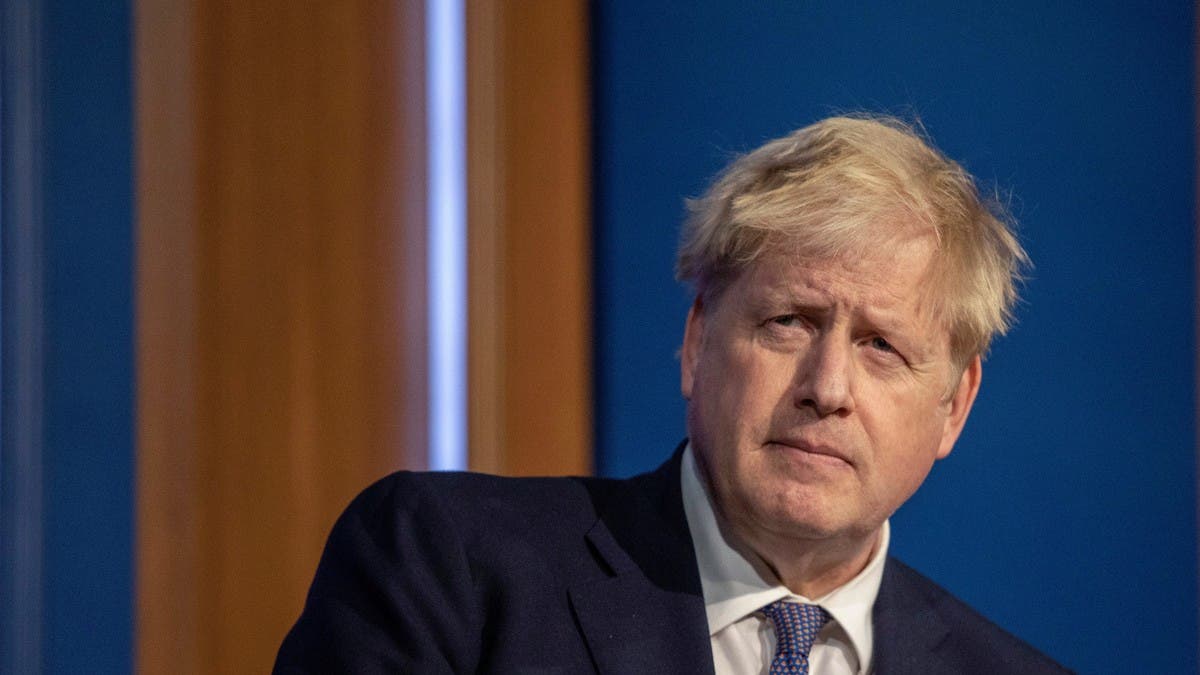In Boris Johnson’s vision, post-Brexit Britain can be the US’s firmest ally in defense of liberal values around the world. The Ukraine crisis is exposing the limitations of that idea.
As President Joe Biden tries to defuse tensions over Russia’s military buildup near Ukraine, the UK has been out in front, sending anti-tank missiles to Kyiv, granting a 1.7 billion-pound ($2.3 billion) loan to upgrade the navy, and accusing the Russians of a plot to oust President Volodymyr Zelenskiy.
For the latest headlines, follow our Google News channel online or via the app.
But what Biden most needs is to sign up the European Union to a package of sanctions sufficiently robust to deter Russia’s Vladimir Putin from any move to invade Ukraine. With Brexit, the US lost an especially close ally in EU discussions. As Biden tries to bridge the gap over sanctions, Johnson’s not even in the conversation.
“When Britain was in the European nucleus, it could counterbalance the French and German view that Russia could be dealt exclusively by trade and diplomacy,” said Ian Bond, director of foreign policy at the Centre for European Reform and a former British diplomat. “When Britain left the EU, the center of gravity shifted to a softer line toward Russia.”
The Russian government has repeatedly denied that it has any intention of invading its neighbor and dismissed the British claims that it might seek to install a more sympathetic president in place of Zelenskiy.
Johnson likes to portray this moment as a turning point in European history, evoking the shifts at the end of the Cold War and World War II which reshaped the continent. Like his political hero Winston Churchill, he’s trying to position himself at the center of the action.
Biden
“Of course, it’s about Ukraine, and that matters deeply to us,” Johnson said at a joint press conference with Zelenskiy in Kyiv on Tuesday. “But this is about something even bigger, I’m afraid it’s about the whole European security architecture.”
Yet as tensions rise over Russian deployments near its western borders, it’s German Chancellor Olaf Scholz who’s flying to Washington this weekend. Johnson hasn’t met with Biden since November.
Johnson hasn’t helped himself with the flood of reports that he presided over a culture of boozy parties while the rest of the UK was banned from social gatherings during the pandemic.
On Monday, when his officials had briefed that he had a call lined up with Putin, Johnson spent much of the afternoon defending himself in the House of Commons following a government report on the parties. The call didn’t happen.
Waning Influence
When he stood alongside Zelenskiy the next day, the first question he faced was about how he expected to be credible when the chatter back home was about how soon he might be kicked out of office.
The bigger problem, though, is that the British used to be able to shape the decisions of an economic superpower, the EU. Now it’s a middling power with a grand history.
“The UK since Brexit can act more nimbly, because it doesn’t need to wait for a common EU position to form,” said Duncan Allan, a fellow at Chatham House. The flipside is that “the basis on which the UK can exert influence over the EU is reduced.”
The influence that Johnson retained in Berlin and Paris has been further eroded by his decision to pick fights with the EU over the Brexit trading arrangements that he himself had signed up to.
Asked about the prospect of talks with Johnson, Kremlin spokesman Dmitry Peskov said Putin is open to talking to all leaders, “even those who are completely wrong about what’s happening and don’t have a clear understanding of what’s happening in our country.”
Russian Money
When their call finally took place on Wednesday, Johnson warned Putin that any incursion into Ukrainian territory would be a “tragic miscalculation” and that Ukraine is within its rights to seek NATO membership. Putin has asked the western powers to guarantee that Ukraine will never join the alliance.
The UK’s other problem is that its lax rules on financial disclosures have made it a haven for Russian billionaires looking for a safe jurisdiction to stash their money. Russians accused of corruption or with ties to the Kremlin have bought about 1.5 billion pounds worth of real estate in the UK capital, according to Transparency International.
Fiona Hill, who served as US National Security Council senior director for Russian and European Affairs under President Donald Trump, underlined that risk when she addressed the UK Parliament’s Foreign Affairs Committee on Tuesday.
“It’s that private sector role that is actually one of our more acute vulnerabilities,” said Hill, who is now a senior fellow at the Brookings Institution in Washington. “Absolutely this is an issue.”
Read more:
US says China ties will not make up for consequences of Russian invasion of Ukraine
US intelligence: Russia may stage video to create pretext for Ukraine war
Ukraine hails Turkey drone deal, Erdogan offer to mediate in Russia standoff

 World3 years ago
World3 years ago
 World3 years ago
World3 years ago
 Business11 months ago
Business11 months ago
 Entertainment7 years ago
Entertainment7 years ago
 World7 years ago
World7 years ago
 Entertainment7 years ago
Entertainment7 years ago






